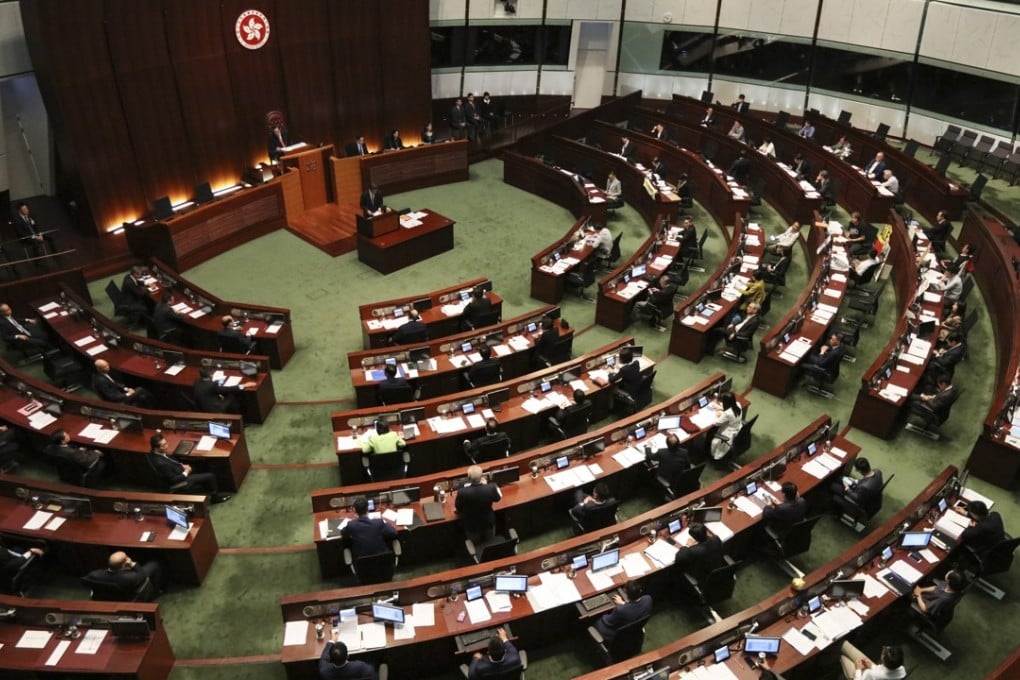Pan-democrat voter share slips in Hong Kong elections since 1997
Traditional 60-40 vote division in Legislative Council polls changes as pro-establishment camp mobilises electors and moderate groups emerge

Hong Kong’s pan-democrat groups have suffered a gradual slide in their vote share since the 1997 handover as the pro-establishment camp enlarged its base, a Post study of election data has found.
The so-called “60-40” proportion identified by political scientists for vote shares between the two camps remained stable in the four Legislative Council elections held after 1997, but the balance shifted in the second decade.
The Legislative Council’s 70 seats are split equally between functional and geographical constituencies. It is vital for the democratic camp to secure a majority in the latter seats to have the power to block government initiatives like the electoral reform package of 2015.
An analyst attributed the slide to factors such as stronger mobilisation of voters by the Beijing-friendly camp, the emergence of new, less “left-leaning” parties from that bloc with wider appeal, and, more contentiously, a new vote bank made up of new immigrants from the mainland.